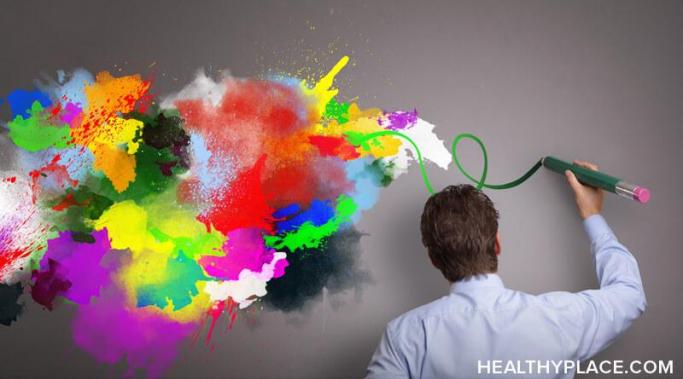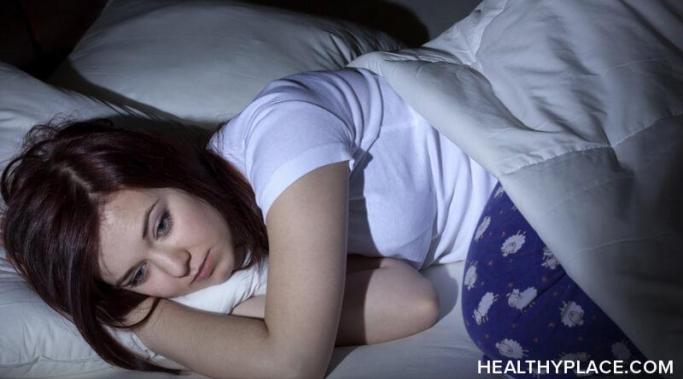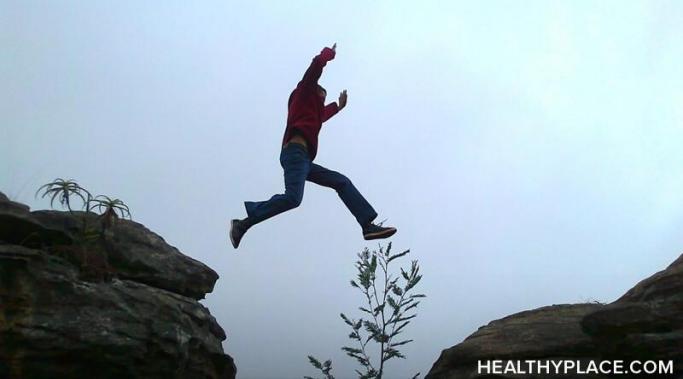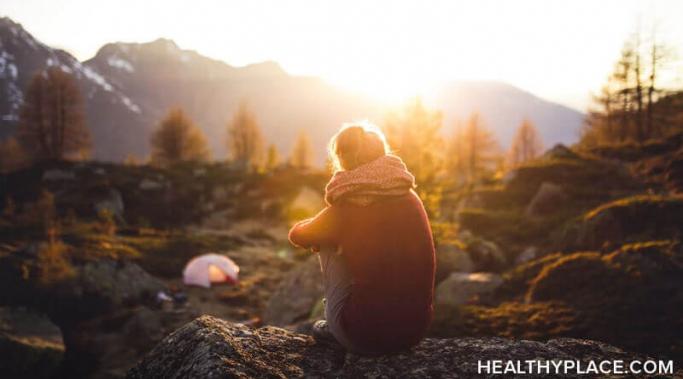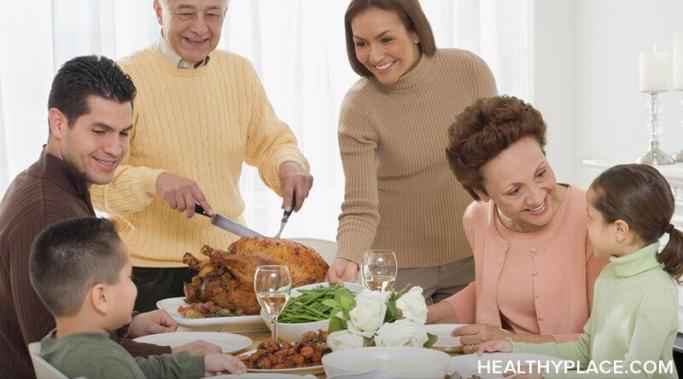How does social media make you depressed when spending time on social media can be a fun way to pass time? Social media can be an efficient way to stay in contact with friends and see what’s going on in their lives. It can be enjoyable to share what’s going on in our own lives. But when we’re depressed, it can be easier to just stay in and spend time on our social media sites rather than rather than spend time offline, e.g. going jogging outside or meeting up with friends in person. Yet when we’re already feeling depressed, social media can cause us to feel even more depressed. I’ve discovered a few reasons for why social media makes you depressed and what you can do about it.
Coping with Depression
January depression can be difficult (as depression can be during other winter months), but creativity can help you fight depression and hopefully find some ways to enjoy winter with depression. After the holidays, it can be hard for some of us to get back into the mundane day-to-day routine, and depression may only exacerbate that feeling. Finding creative ways to counteract January depression is essential if we're going to find pleasure in our daily lives, especially during the bleakness of winter.
Weekend depression turns out to be real. I noticed a few years back that while the rest of the world seems to live for the weekends, when I was depressed, the weekends would often make me feel even more depressed. I’ve discovered some reasons for weekend depression and what we can do to feel better.
What I've learned in life since my suicide attempt almost a year ago, has helped me make a great deal of progress in my depression journey. While major depressive disorder is still a daily battle I face, I now have new weapons in my arsenal which I can use in the war. I'd like to share with you what I've learned about life this year, and how this knowledge has made me stronger.
I have depression, but I'm inspired because it’s nearly 2018. There’s an excitement that comes with new beginnings. And while my depression won’t just disappear because it’s a new year, there are things I can actively do to help lessen my depressive symptoms. I’ve thoughts about how I want to enter into 2018 that I would like to share with you. I don't have to give up the excitement of the new year because I have depression, and neither do you.
Consistent routines for depression management work for me, so I've learned to make and then stick with different routines. When my home and life run smoothly, then it's easier for my mind to stay on an even keel as well. I've found that the time and energy it takes to create routines for my depression and overall mental health are worth the effort required; when you maintain these routines, you will save yourself from a great deal of stress and from the dreaded overwhelming feelings of depression that can leave you unmotivated and unable to do anything. These routines help me manage depression, and maybe they can help you as well.
If you’re facing depression during the holidays, this is an especially trying time. You’re already dealing with so much, and then you need to add in the shopping, decorating, and time spent being social. This year, I’ve decided to plan ahead so that I can be at my best to enjoy this most wonderful time of the year. Keep reading to discover eight tips for facing depression during the holidays.
Negative thoughts and self-talk are the most frequent symptoms of depression I've experienced. Sometimes, it would take one seemingly small comment or event to propel me back down into the despair of an endless cycle of negative thoughts and self-talk from which it could take weeks or sometimes even months to fully recover. I got so tired of other people, situations, and depression having that kind of power over me. I asked my therapist for some depression coping skills and tools that would allow me to be better equipped to fight this battle. And they're working.
How can using mindfulness for depression help you recover? Well, mindfulness is about living in the now by taking notice of what’s around us and the feelings that are inside of us. It’s about being fully present and removing the extra layer of thought that we normally attach to people, things, and events. Using mindfulness for depression changed my life because my depressed brain was anything but peaceful.
The holidays are quickly approaching, and in order to cope well with depression during the holidays, we need to have a plan in place. While this may be the most wonderful time of the year for some, winter holidays can be the most difficult for others. Those of us depression may be faced with a myriad of potential triggers during the holidays; however, there are some things we can do in order to equip ourselves to cope with them and better deal with our depression during the holidays.

